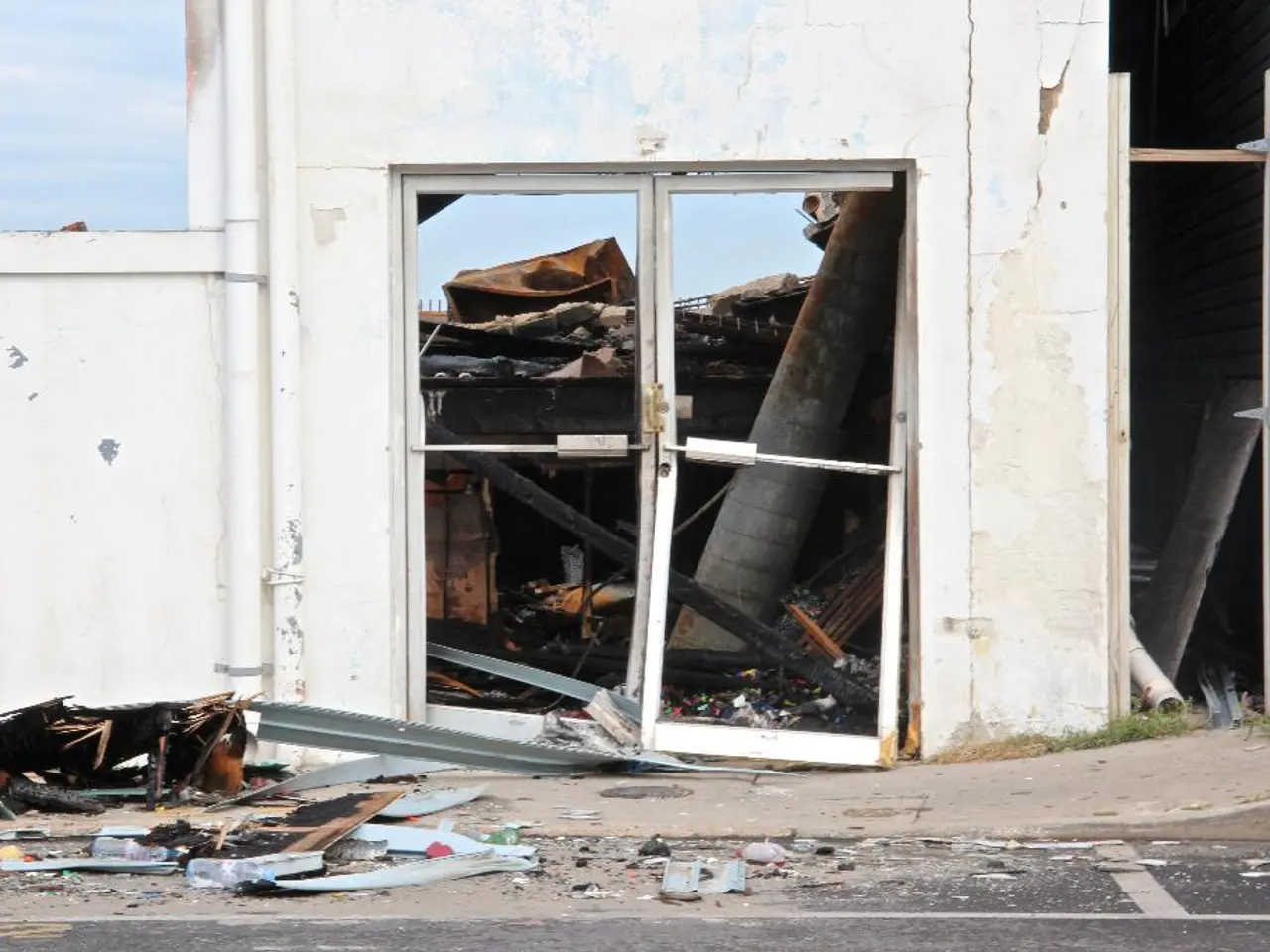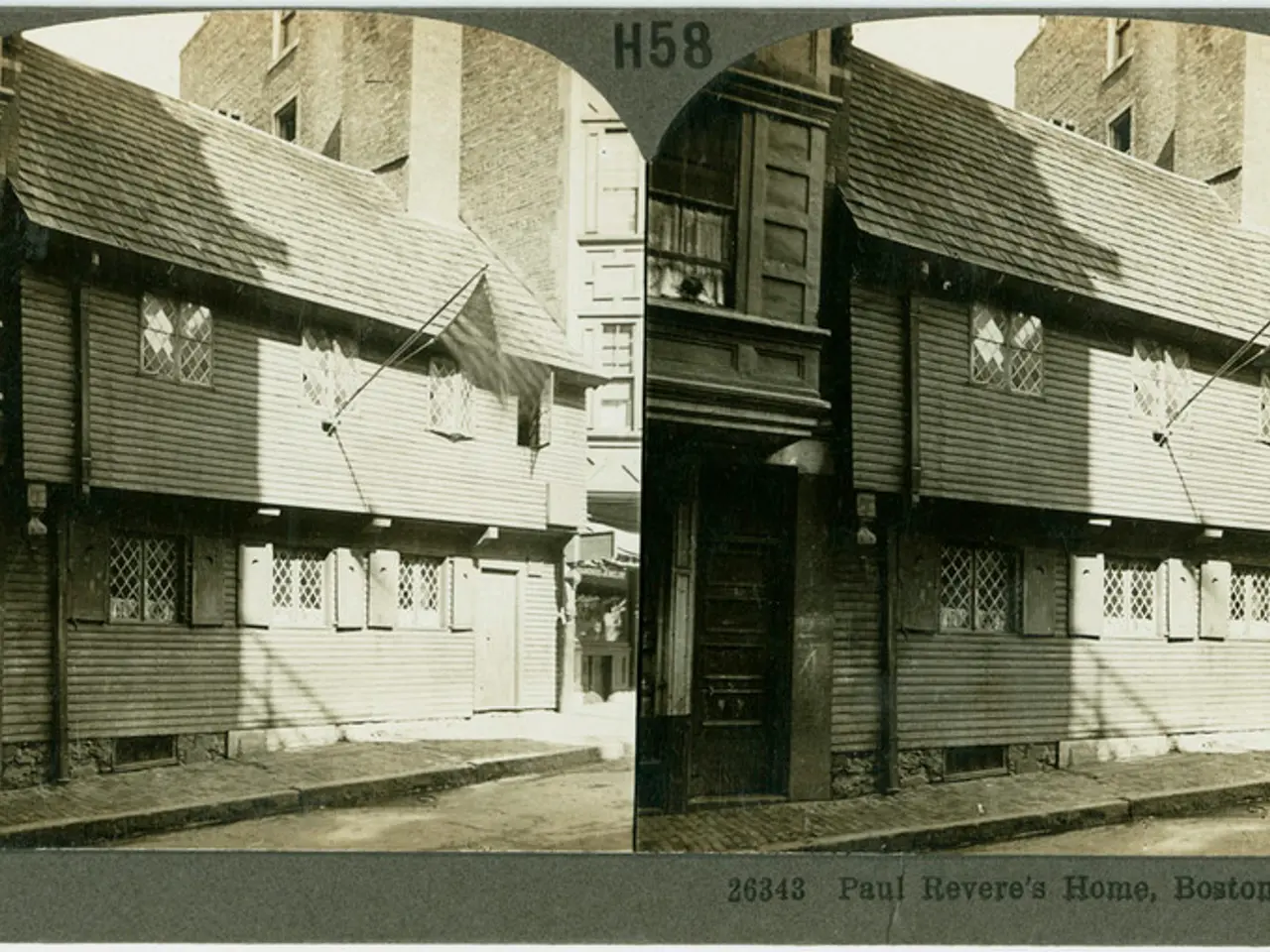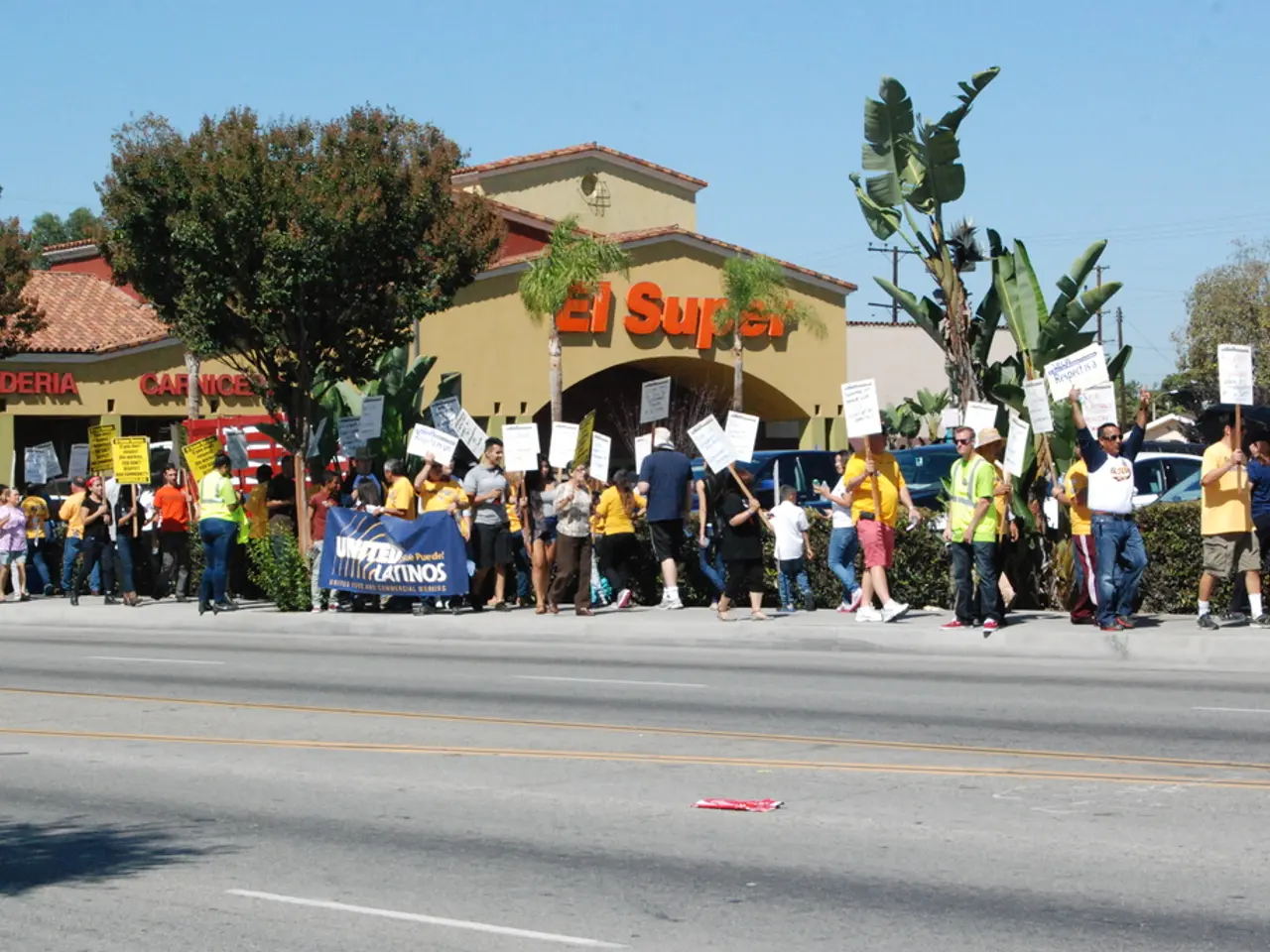Malaysia facing potential danger of transforming into a transit hub for terrorism, as IS-linked Bangladeshis reportedly utilize social media platforms to recruit migrant workers.
In the early hours of April 1, 2025, a devastating gas pipeline explosion occurred in Putra Heights, Malaysia. An investigation led by the Department of Occupational Safety and Health (DOSH) has revealed that the cause was soil subsidence beneath the pipeline, which weakened the ground support and led to a series of events resulting in the explosion.
The pipeline, part of Petronas' extensive 2,680-kilometer gas pipeline network, shifted by 15.9cm due to the subsidence. This movement caused fatigue and stress lines on the pipe structure, leading to a leak and subsequent explosion. The investigation found that the pipeline itself met technical specifications, but the soft and moist underground soil could not adequately support the weight and pressure of the pipeline, causing it to fail physically.
The explosion resulted in a significant impact, with 81 homes destroyed and financial implications estimated at RM170 million. Petronas Gas, the company responsible for the pipeline, expects RM60 million of this cost to affect its profit in 2025, including RM20 million in revenue loss due to service disruption.
Following the incident, Petronas has identified other segments of its pipeline network that may be vulnerable to similar conditions. These segments stretch from Kerteh to Segamat, including areas near the borders with Singapore and Thailand. Petronas and DOSH are discussing both immediate and long-term measures to ensure safety and prevent recurrence.
Repair works are currently underway in a phased approach. Phase I, which involves installing a temporary 210-meter gas pipeline and reinforcing the ground with an eight-meter by 100-meter bridge foundation, is already operational. This phase includes extensive safety testing such as Non-Destructive Testing on welds and 24-hour pressure tests, with no leaks detected.
Phase II will see the permanent replacement of three 200-meter pipelines on reinforced concrete slab structures. Engineering design for this phase is ongoing, and full operations are expected to resume by the third quarter of 2026.
Petronas Gas Bhd has pledged full transparency, continuous improvement, and close collaboration with authorities. The company is also committed to supporting the affected community and maintaining nationwide gas supply security.
In response to the incident, Selangor Mentri Besar, Datuk Seri Amirudin Shar, has called for a special briefing on the gas pipeline explosion. The briefing, scheduled for this Monday, is open to both Government and Opposition lawmakers. Datuk Seri Amirudin Shar has also requested the Selangor State Assembly Speaker to allow the state government to present a formal explanation on the gas pipeline explosion during the upcoming state assembly sitting.
The state government upholds the principles of accountability, transparency, responsibility, and the mandate of the people. The purpose of the briefing is to ensure that all elected representatives are properly informed about the incident. The announcement was made on Facebook by Datuk Seri Amirudin Shar.
- The investigation led by the DOSH in Malaysia has discovered that the gas pipeline explosion in Putra Heights was caused by soil subsidence beneath the pipeline.
- Following the incident, the government has called for a special briefing on the gas pipeline explosion, which is open to both Government and Opposition lawmakers in Malaysia.
- Petronas Gas Bhd, the company responsible for the pipeline, has pledged full transparency, continuous improvement, and close collaboration with authorities in light of the incident.
- The Selangor State Assembly Speaker has been requested by the Selangor Mentri Besar to allow the state government to present a formal explanation on the gas pipeline explosion during the upcoming state assembly sitting.








